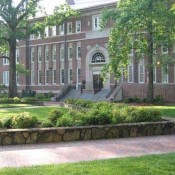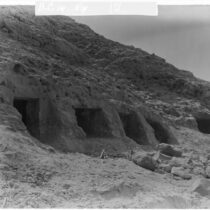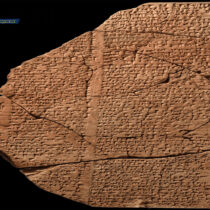(Marie-Skłodowska Curie Fellow Ca’ Foscari University, Venice) at [email protected] with the following:
Session Abstract
To what extent have feminist theories been integrated as a fundamental component of Roman archaeology? While the question of gender studies within the field has been discussed since TRAC’s inception by Eleanor Scott in 1993, and its aims reinforced by Louise Revell in 2010 and Amy Russell in 2016, feminist theories are still only sporadically applied to the broader understanding of the Roman world, often limited to specific contexts.
Our objective is to bring feminist inquiries to the forefront of our understanding of the past. In this session, we seek to reflect on the extent to which postcolonial archaeologies have effectively interacted with, incorporated – or embodied – feminist theories, thus shedding new light on the Roman world.
We intend to challenge the assumption that the histories of women in antiquity are burdened by three layers of subalternity. These layers include 1) the subordination of women to men; 2) the marginalisation of women from subaltern communities (such as farmers) whose stories have been (and continue to be) silenced by the dominant narratives of elites; 3) the disproportionate focus on elite women (such as emperors’ mothers and wives, noblewomen) while neglecting the experiences of the majority of women.
Our speakers are encouraged to engage particularly – but not exclusively – with the matter of data biases (e.g. the exclusive representation of white men in a simple web search for Roman Empire images). Additionally, we invite engagement with body theory (i.e. Judith Butler’s body in assemblage), postcolonialism (i.e. the role of women in Antonio Gramsci’s 25th prison notebook, on subalterns), and posthumanism in order to further enrich the discussions.
By critically examining the integration of feminist theories and exploring alternative perspectives, this session aims to challenge existing biases, uncover silenced narratives, and contribute to a more comprehensive understanding of the Roman world.





